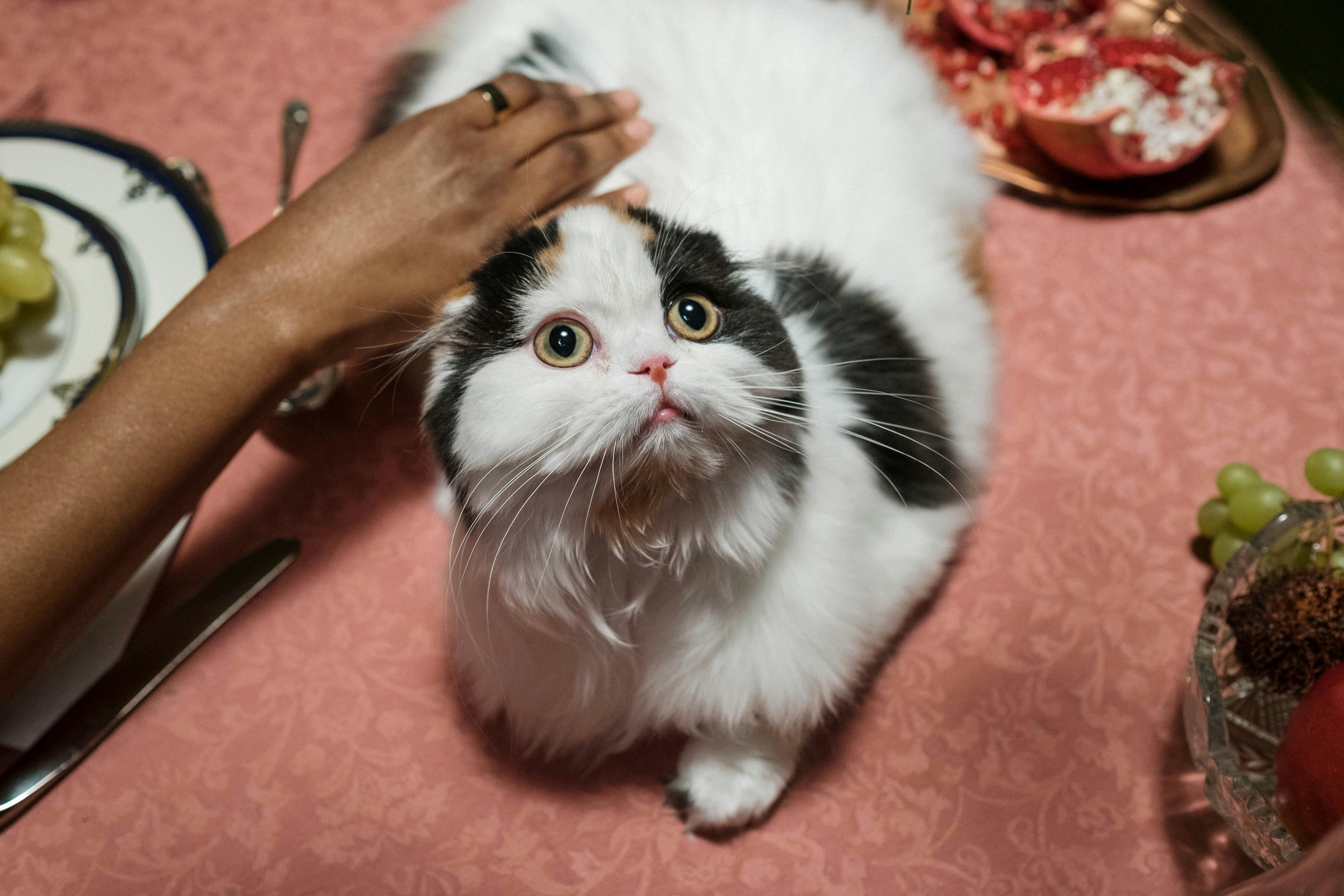Creating a bond of trust between you and your parrot can seem like a daunting task, especially for new pet bird owners. It can also seem like a slow torture process. It doesn’t have to be a long or overwhelming process. But it requires patience, consistency, and desire on your part. Here are some tips for creating a long-lasting, trusting bond between you and your pet parrot.
- Daily maintenance – Simple daily maintenance, such as feeding (preparing), watering and cleaning, shows that you can be trusted. Doing these things not only helps your parrot depend on you, it also learns to trust that you will constantly provide the needs it needs.
- Fun time – Harmless, non-threatening and non-dominant playtime can show your parrot that you don’t mean to harm him. Any pleasant moment you share improves the bond you build with your parrot. One of the favorite things of most parrots is a head massage or “scrinch.” My parrot would sit there for hours to get wrinkled.
- Toys – Providing toys and other types of environmental enrichment can help build a bond between you and your parrot. Like the basic requirements (food, water, and shelter), environmental enrichment is essential for your parrot. Toys are fun for your parrot and create a positive experience for your parrot. The more positive experiences you create, the better the bond between you and your parrot will be.
- Constantly No Harm – Never be disrespectful or threatening in any action. A threatening instance (yellow, water bottle spraying, etc.) can cause you to back off. Any negative response from you or your actions will be construed as a threat to your parrot.
- Consistently do something good – Always treat your parrot with respect and positivity. There is a reason why all animal training now uses positive reinforcement (reward good behavior) and no longer uses negative reinforcement (punish bad behavior). The reason is that positive reinforcement works faster, works better, and creates a better bond between the trainer and the animal.
- Keep calm – Loud noises, rapid and sudden movements around your parrot, you (or other people) running next to the cage or other seemingly non-threatening gestures from you or others can be interpreted by your bird as threats. Always remain calm around your parrot and pay close attention to gestures that can be interpreted as threatening.
- Training – Teaching your parrot tricks or behaviors can be a very rewarding experience for you and your parrot. Create a mutually rewarding atmosphere where your parrot learns to please you and your parrot gets LOTS of treats! This assumes that you use a positive reinforcement training program. Clicker training is a training method that creates a positive environment filled with positive reinforcement.
- Choice – Never force anything on your parrot. Providing options for your parrot shows your willingness to give them some space and a choice. So instead of giving them a toy, give them a few different kinds of toys to choose from. Instead of feeding them a vegetable, give them a few options.
- Speak it – Talking to your parrot at any opportunity you get reinforces the fact that you are sharing its space and you do not intend to harm it. Most bird predators use stealth and surprise to attack. By talking to your parrot, you show that you have nothing to hide and that you are not trying to sneak up on him. It is also important to keep a soft voice. It may seem crazy talking to a bird, but your bird will learn to like you and look forward to it. Also, if your bird is talkative, you can take this opportunity to teach him to talk.
- Eliminate external stresses – Keep your parrot in a safe and stress-free environment. You can do this by placing the cage in a safe and appropriate place, maintaining a comfortable environment (temperature, humidity, etc.) and keeping predators (dogs, cats, etc.) away from it. Any stress due to the surrounding environment will cause stress between you and your parrot.
